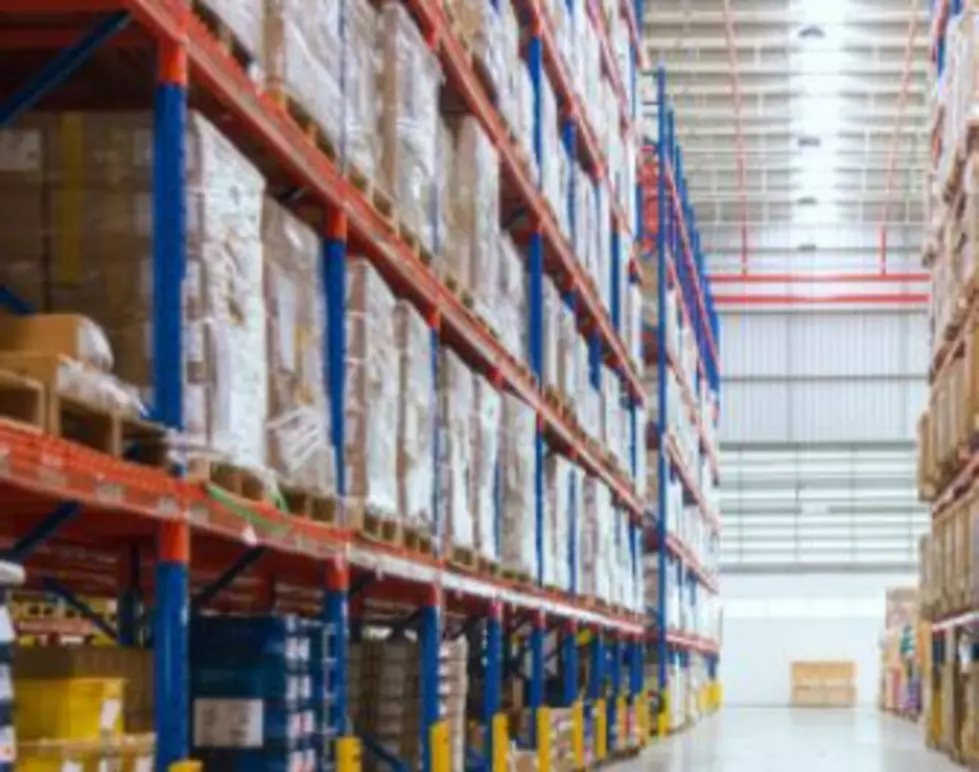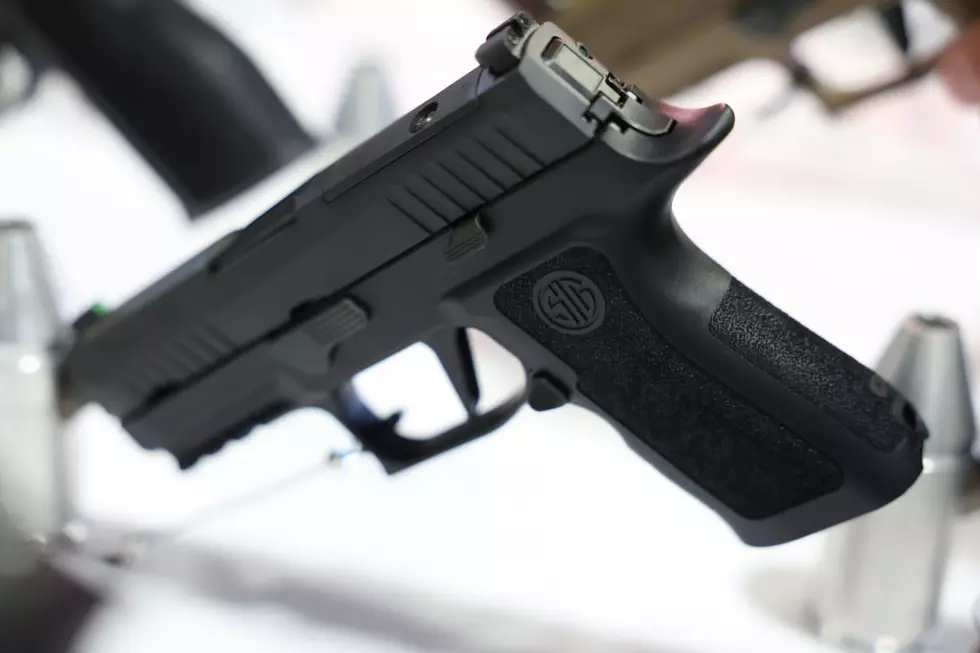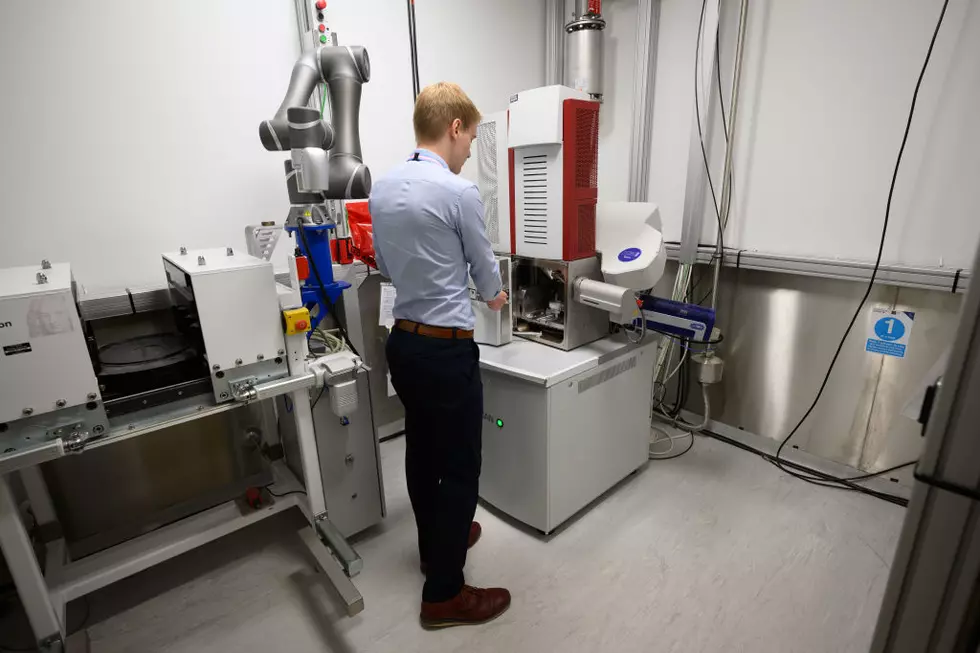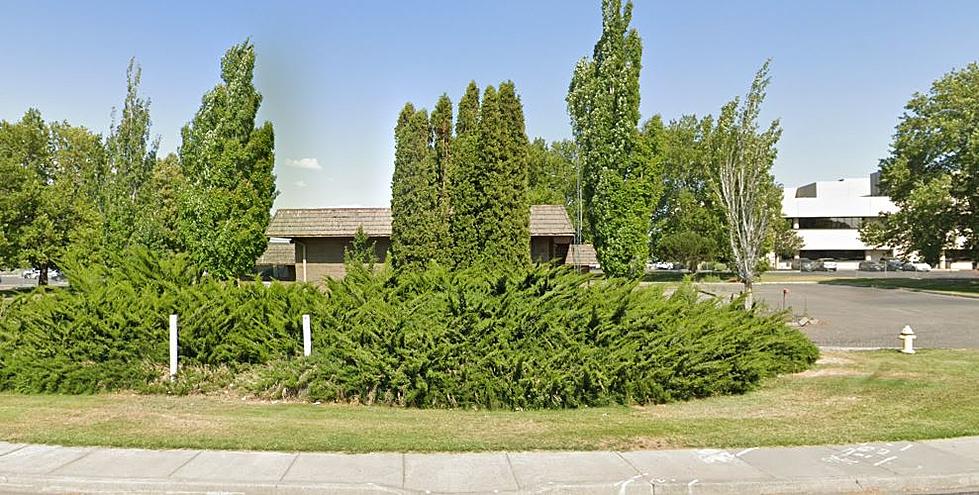
Do Green Buildings Use Less Energy? New Study Says No
Washington D.C. has the highest number of what are called green energy certified buildings in the U.S. but the power bills are not going down. What gives?
According to the Daily Caller Tuesday, many of the supposedly energy saving buildings in our nation's capitol (and potentially elsewhere) don't save money.
Dozens of structures in D.C. are certified by the U.S. Green Building Council, a private environmental group. They have come up with what is called the LEED, or Leadership in Energy Design certification for structures that supposedly save energy - a green building.
But an investigative report done by the Environmental Policy Alliance shows they're not so green after all. In FACT, they actually use MORE. According to the Daily Caller:
'Washington, D.C.’s Department of Environment made the capital the first city in the nation to mandate LEED certifications in the construction of public buildings. The standards are now being phased in.
The results are measured in EUI’s, a unit that relates a building’s energy consumption to its size; the higher the number, the more energy is expended by a smaller building.
Take the Green Building Council’s Washington headquarters. Replete with the group’s top green-energy accolade, the platinum LEED certification, the USGBC’s main base comes in at 236 EUI. The average EUI for uncertified buildings in the capital? Just 199."
The Environmental Policy Alliance said these green certifications are based upon ideal conditions with moderate outside temperatures, and they assume everyone has their blinds closed and observe other cost-cutting measures such as lowering thermostats.
In fact, these buildings are certified based upon unoccupied conditions. They're energy rated when nobody is actually in the building! The U.S. Green Building Council doesn't even have a way to measure energy usage or determine if a building is actually "green" when it's full of people.
The USGDC started in 1994 as an offshoot of the controversial National Resources Defense Council, a questionable environmental group. It now has dozens of chapters in numerous states, and plays a considerable role in building construction in many states. However, even the Wikipedia entry calls into question it's ethics in recent years:
"LEED standards have been criticized for not actually creating energy efficient buildings. In 2013, The Washington Examiner analyzed energy efficiency data of New York City buildings and found that LEED-certified buildings actually performed worse than buildings in general. [5] An analysis by USA Today found that building makers target LEED’s easiest points—those that don’t necessarily increase the energy efficiency of a building. [6] The USGBC admits that “current information indicates that most buildings do not perform as well as design metrics indicate. As a result, building owners might not obtain the benefits promised.”
This report calls into question the huge amounts of money, time and resources being pumped into these so-called "green" energy buildings; and if they are really saving energy at all.
More From 870 AM KFLD









